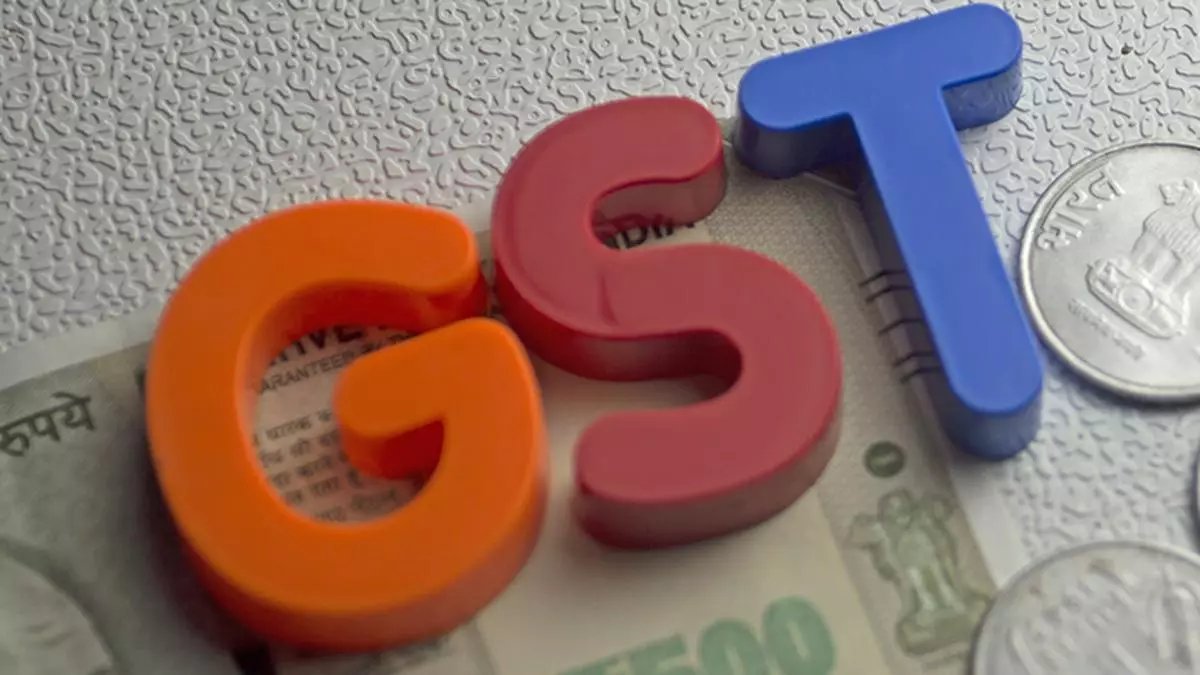Foreign companies are relieved as the Central Board of Indirect Taxes & Customs (CBIC) has issued valuation norms for supply by these companies to their offices in India, who get full Input Tax Credit (ITC). This is one of 16 circulars issued by the board. In another circular, the board clarified that the year of issuance of invoices under the Reverse Charge Mechanism (RCM) will be the year for calculating the time limit to avail of ITC.
Relief to Foreign Companies
In a circular, CBIC clarified that in cases if a foreign company is providing certain services to its subsidiary here, which is eligible to get full input tax credit, the value of such supply of services declared in the invoice by the related domestic entity ‘may be deemed as open market value’. However, if the subsidiary does not issue an invoice for any service provided by the foreign affiliate, the value of such services may be declared as Nil and deemed as open market value.
This mechanism is similar to domestic companies headquartered in one state and branches in another. Last year, the board said in respect of the supply of services by the Head Office (HO) to Branch Offices (BO) of an organisation, the value of the said supply of services declared in the invoice by HO shall be deemed to be the open market value of such services if the recipient BO is eligible for full input tax credit. If the invoice is not issued, the value will be Nil and may be deemed open market value.
The latest clarification is based on rule 28 of the CGST Rules, which provides for determining the value of supply of goods or services, or both, between distinct or related persons and also in the situation when full ITC is available to the recipient. The board said that a circular issued last year related to the valuation of supply between HO and BO of the same company makes it clear that the application of valuation will be the same for distinct persons and related persons.
It has also been said that in the case of import of services by a registered person in India from a related person located outside India, the tax must be paid by the registered person in India under the reverse charge mechanism. In such cases, the registered person in India is required to issue a self-invoice and pay tax on a reverse charge basis.
Calculation of ITC time limit under RCM
A reverse charge mechanism is in place to facilitate truncation between registered and unregistered persons. The registered person is responsible for paying the GST. The payer gets ITC. Under the GST law, the time limit for availing of ITC is only up to September/November of the following financial year. Now, the issue is determining the first financial year, i.e., the year the supply was made, or the year the invoice was issued.
CBIC clarified that in cases of supplies received from unregistered suppliers, where tax has to be paid by the recipient under RCM and where the invoice is to be issued by the recipient of the supplies, “the relevant financial year for calculation of time limit for availment of ITC will be the financial year in which the recipient has issued the invoice, subject to payment of taxes.”
However, if the recipient issues the invoice after the time of supply and pays tax accordingly, he will be required to pay interest on such delayed tax payment. Also, there could be penal action against the supplier for delayed invoice issuance.


